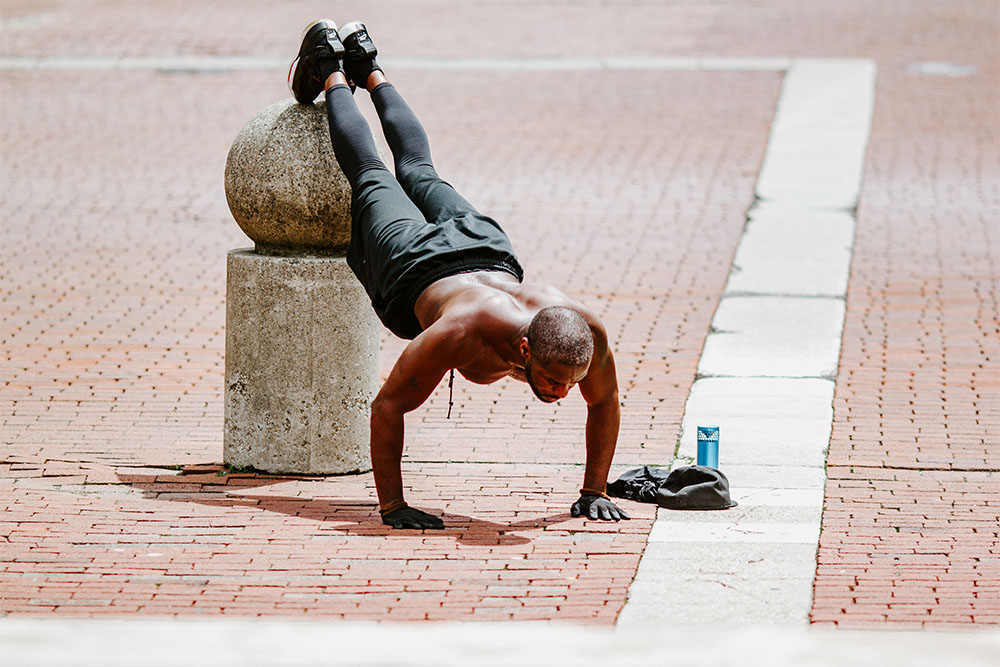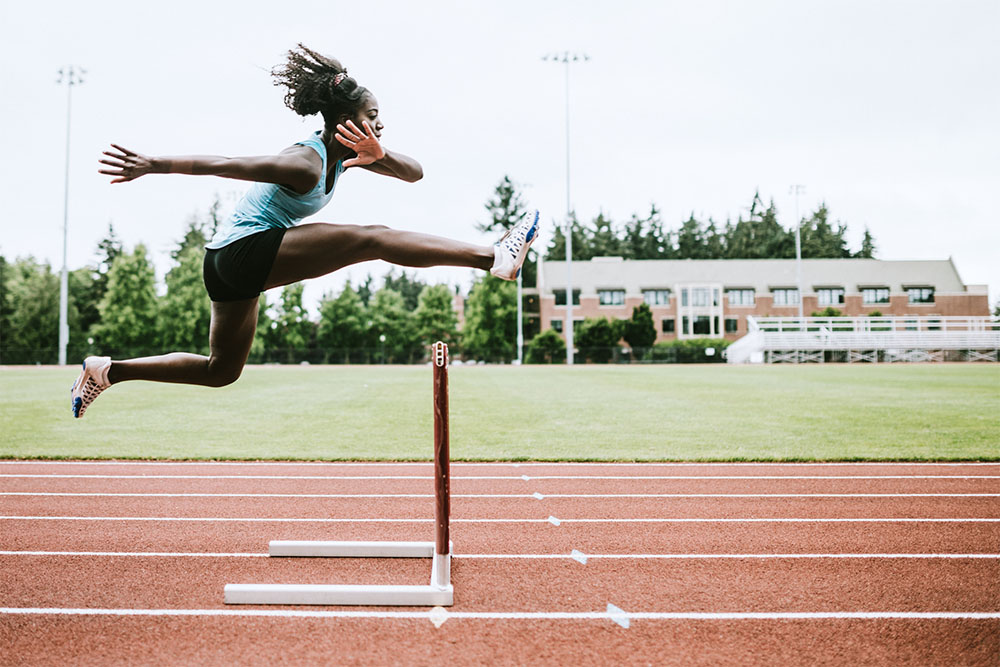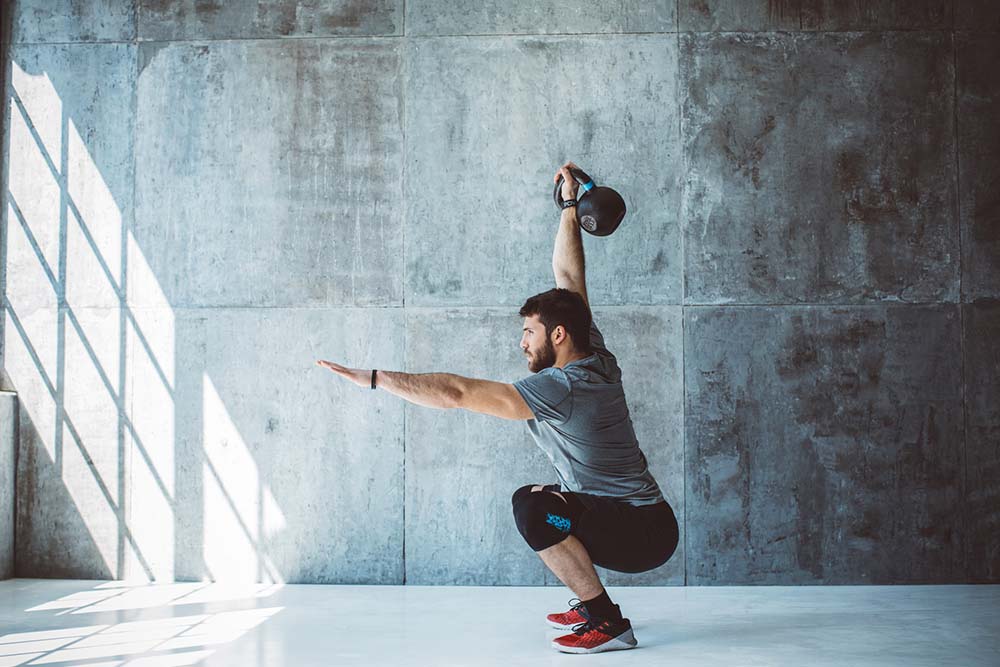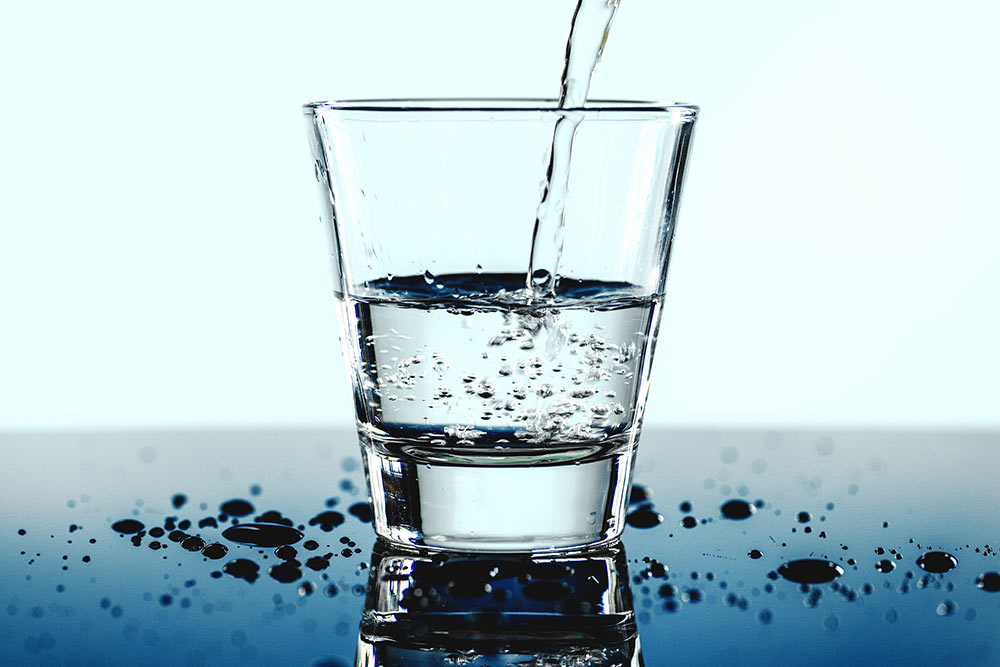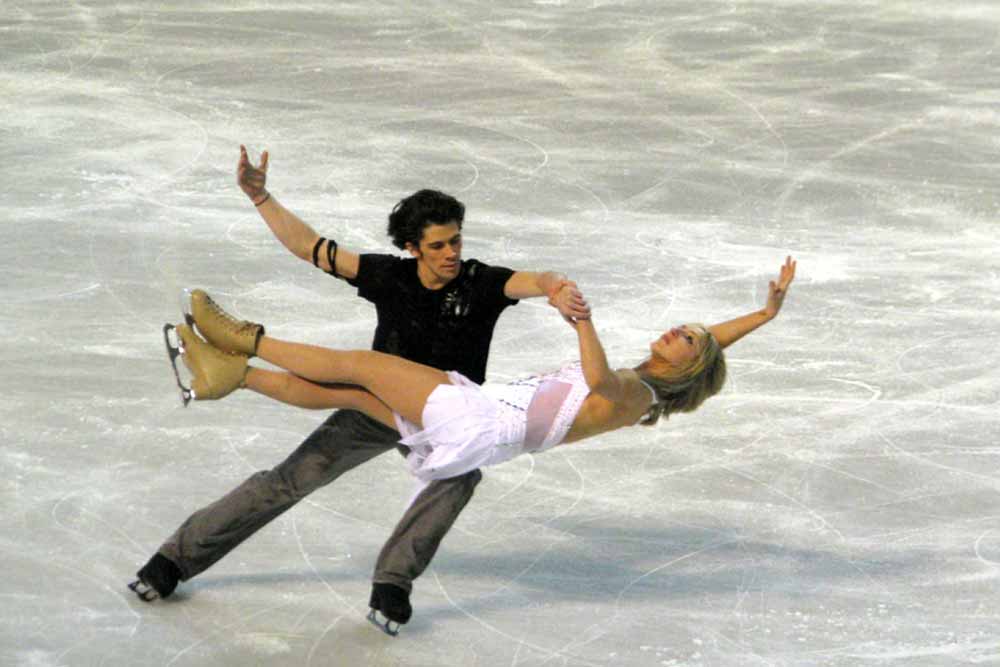Is Milk the Perfect Recovery Drink?
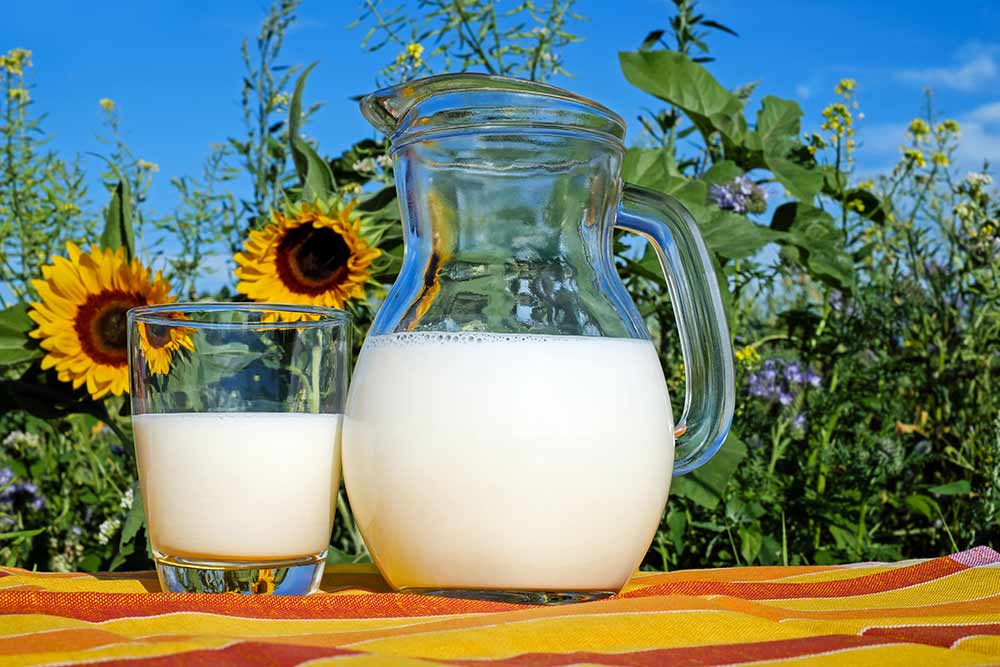
Dayton Kelly
Optimizing recovery allows you to achieve the most adaptation per workout and reduces the required rest necessary before a subsequent workout. As such, millions of research dollars have been invested into discovering and developing commercial products to do just this. The result has been efficacious, but pricey supplements that are not always financially available to consumers on a budget. Thus, for the individual tight on change, new strategies need to be developed. One such strategy might be the consumption of milk following exercise. Milk contains high protein levels and provides energy which, in conjunction, could promote muscle growth and repair when consumed following exercise. In this regard, milk may be used to mimic or at least estimate the benefits of protein consumption following exercise seen with commercially available protein supplements.
Related Article: Which type of Protein Provides the Best Workout Recovery?
Can milk promote recovery?
To test the effects of milk consumption post exercise on recovery, researchers from the Institute of Technology Carlow recruited a sample of 20 female athletes to perform two simulated soccer games. They were particularly interested in whether milk consumption could rescue declines in performance resulting during the second game from soreness and tissue damage from the first. Simulated games consisted of two 30-minute circuits separated by 10 minutes that required participants to mimic movements of a true soccer match. Simulated matches were separated by two days. Over 96 hours following the first match, serum, physical, and perceived measures of recovery and soreness were recorded.  Following each match, half of the participants consumed 500 mL of milk and the other half consumed an energy matched sports drink.
Following each match, half of the participants consumed 500 mL of milk and the other half consumed an energy matched sports drink.
Individuals consuming milk demonstrated improved measures of soreness and performance on a maximal sprint, knee extension and knee flexion task relative to those consuming the sports drink over 24 to 96 hours following. Performance on the second simulation match relative to the first was, however, not superior in those consuming milk versus those consuming the sports drink.
Should I start drinking milk following exercise?
This investigation suggests milk is a viable strategy to reduce soreness and improve physical capacity following exercise, speeding recovery. It does not inform whether milk efficacy in this regard compares to more conventional supplements used for this purpose such as protein powder. Future research will be needed to better understand whether this accelerated recovery translates into improved sports game performance during the recovery window.
This article was adapted from a combination of speeches given at the European Sports Science Conference 2018, most notably Paula Rankin (INSTITUTE OF TECHNOLOGY CARLOW, IRELAND).
Additional Readings:
Lunn, W. R., Pasiakos, S. M., Colletto, M. R., Karfonta, K. E., Carbone, J. W., Anderson, J. M., & Rodriguez, N. R. (2012). Chocolate milk and endurance exercise recovery: protein balance, glycogen, and performance. Medicine and science in sports and exercise, 44(4), 682-691.
Wilkinson, S. B., Tarnopolsky, M. A., MacDonald, M. J., MacDonald, J. R., Armstrong, D., & Phillips, S. M. (2007). Consumption of fluid skim milk promotes greater muscle protein accretion after resistance exercise than does consumption of an isonitrogenous and isoenergetic soy-protein beverage–. The American journal of clinical nutrition, 85(4), 1031-1040.
You Might Like:



